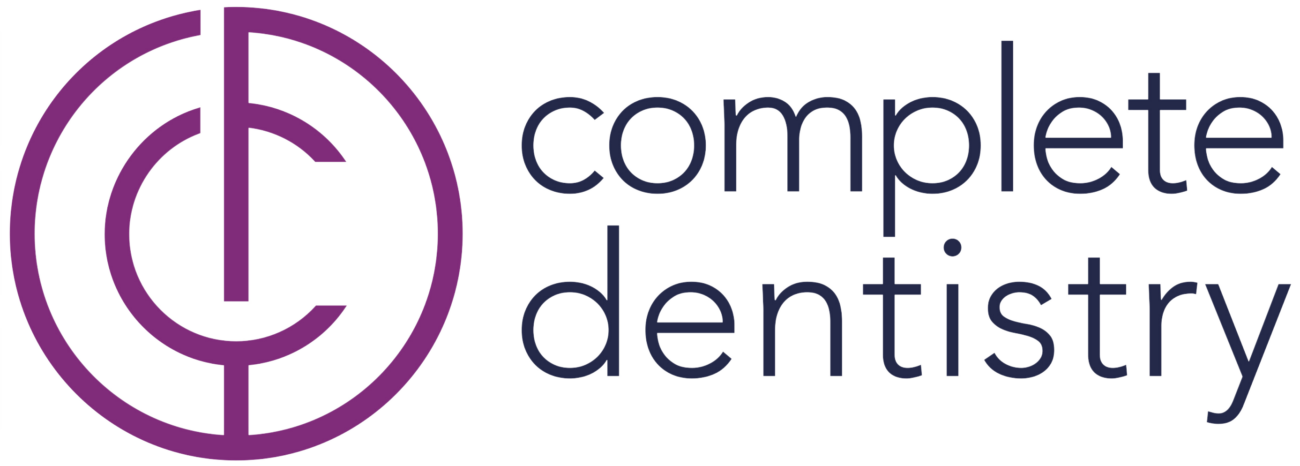If you have persistent, recurring headaches, you’re not alone. Data from the World Health Organization (WHO) indicates that about half the world’s population experiences recurring headaches yearly. Of course, that doesn’t make your pain and discomfort any easier to bear. You want to know why your headaches are occurring and how to resolve them. If you have frequent headaches, we offer treatment in Lexington, KY, which can alleviate pain.
The American Headache Society says dental concerns cause many headaches people experience. A bite disorder or dental problem can often cause chronic headaches and migraines. Teeth grinding is one of the most common causes of dental-related headaches. Without the help of your dentist, it can also be one of the most difficult causes to identify.

Teeth Grinding and Headaches
In many cases, patients may experience headaches in the morning as a result of teeth grinding during sleep. That means they may not even be aware they’re doing it. This is a common sign and side effect of temporomandibular disorder (TMD). Dr. Morgan Chambers focuses on the diagnosis and treatment of complex dental health problems caused by TMD.
Dentists commonly refer to it as TMJ and offer TMJ therapy to relieve symptoms. Treating TMJ is the key to both restoring oral health and lasting dentistry.
Frequent headaches related to TMJ have several common symptoms:
- Pain in the temples or back of the head
- Frequent morning headaches
- Radiating pain in the shoulders, neck, and upper back
- Chronic migraines
TMJ Headaches Treatment in Lexington, KY
Dr. Chambers performs a comprehensive exam, evaluating the entire occlusal system to identify where there is an imbalance. She will create a treatment plan or give you appropriate headache treatment recommendations. Some treatments she may recommend include:
- Mouthguard and splint therapy: Dr. Chambers may recommend one of these removable appliances to reduce stress on the jaw joint. Oral devices relieve headache symptoms in patients with mild to moderate bite disorders. Patients can wear this custom-made appliance during sleep and stressful situations where they are more likely to grind or clench their teeth.
- Bite correction: Various bite correction methods can realign and restore balance to the bite. These methods include restorative dentistry, cosmetic dentistry, and orthodontics. Bite correction also helps avoid tooth loss that can result from damage from teeth grinding.
- Physical therapy: Dr. Chambers may recommend physical therapy in addition to dental care. During physical therapy, you will learn exercises to stretch and strengthen the muscles around your jaw. The therapist might also massage the muscles in your face, neck, and jaw to ease facial tension.
Headaches FAQs
We welcome you to learn more about headaches treatment in Lexington, KY, with answers to these common questions:
Why do people grind their teeth?
People grind their teeth for lots of reasons. Sometimes, grinding occurs because of stress – usually during an uncommonly stressful period. If you often have headaches when you wake, your grinding problem will likely result from an unbalanced bite.
Your teeth should naturally line up in pairs. The 16 top teeth match up with 16 bottom teeth, assuming you haven’t lost teeth. If they don’t, either through tooth loss or a misaligned bite, your teeth will find a way to achieve that balance. That’s what causes teeth grinding!
Teeth grinding is your mouth’s unrelenting desire to find that balance that it naturally has. Grinding occurs most commonly at night when we’re not conscious of its occurrence. During the day, when we are more aware of our actions, we can prevent grinding.
Can dental injuries cause headaches?
Yes, dental injuries can cause headaches. When you hurt your teeth or jaw, it can lead to pain and muscle tension in the area. This can sometimes cause headaches, especially if the injury affects the jaw joint or the muscles around your mouth.
If you have a dental injury and get headaches, visit our office. We often recommend treatments like dental crowns to create an even, healthy bite. Creating an even bite will reduce facial tension.
How does nighttime tooth grinding cause headaches?
 As you can imagine, that continual search for balance and equilibrium means your jaw muscles are constantly clenching. The result is significant muscle strain, which can translate into chronic headaches.
As you can imagine, that continual search for balance and equilibrium means your jaw muscles are constantly clenching. The result is significant muscle strain, which can translate into chronic headaches.
What’s more, regular grinding can cause your tooth surfaces to wear unevenly. This can make your bite even more misaligned and “out of whack.” In turn, that causes the grinding to become worse, so the cycle continues.
What can you do to prevent nighttime tooth grinding?
If you’re experiencing regular headaches when you wake up or in the hours soon after waking, see your dentist for an evaluation. Even though you may not be able to see the telltale signs of nighttime grinding, your dentist can.
Once your dentist diagnoses you with teeth grinding issues, she will help you decide how to prevent it from happening. In most cases, that involves one of two routes: A bite guard, which the dentist custom-fits to your mouth, or bite balancing. Bite balancing involves dental treatments and procedures that get right to the heart of your unbalanced bite. It can eliminate the problems causing you to grind your teeth in the first place.
Bite balancing offers an additional advantage. You also decrease the likelihood of other issues by eliminating gaps, unevenly worn surfaces, crooked teeth, and other defects—issues such as cavities, gum disease, or other problems that occur with a misaligned bite.
Is there a connection between toothache and headache?
Toothaches can trigger and stimulate headaches and chronic migraines. Cavities, broken teeth, or impacted teeth typically cause toothaches. If left untreated, a broken tooth can cause headaches and discomfort on the side of the face.
A broken tooth can cause headaches in many ways. One way is that the exposed nerve endings in the tooth send pain signals to the brain, leading to a headache that feels like pressure or throbbing.
Another way is if food sticks between the broken tooth and another one. This causes inflammation and sometimes infection. This leads to a dull, throbbing pain in the head.
Yet another way that a broken tooth might cause headache pain is if it begins moving out of place. Biting pressure can cause shifts or push the tooth against other teeth, which leads to the brain receiving more pain signals.
What relieves a toothache headache?
The best way to treat a toothache headache is first to address the original issue, being your tooth pain. Reducing or stopping this pain will likely stop your headache. Try rinsing with salt water, holding a cold or warm compress against your cheek, and taking pain relievers. These methods will help reduce and stop tooth pain, likely relieving pain from your headache.
Are headaches after dental work normal?
Some patients report having a headache after getting dental work. Holding your jaw open for an extended period during treatment can cause muscle spasms. Overworking your jaw may lead to a headache. However, this is not normal. You should consult with your dentist if this persists.
Can Botox treat TMJ headaches?
Yes, Botox can help treat TMJ headaches. TMJ problems can cause pain and headaches, often from muscle tension that radiates from the jaw to other areas of the face. Botox is injected into the muscles around the jaw to relax them. This can help reduce the pain and headaches caused by TMJ issues.
Dr. Chambers is Botox-certified. She can provide injections to help reduce orofacial pain and headaches.
Relieve Headaches
Whatever solution you decide is better for your needs, Dr. Chambers is ready to help. Learn more about the link between headaches and TMJ problems at our Lexington dental office. Our team at Complete Dentistry For All Ages is here to help you find relief using non-invasive treatments.
Call 859-251-3809 or schedule a dental appointment with Dr. Chambers today to learn how to become headache-free.
